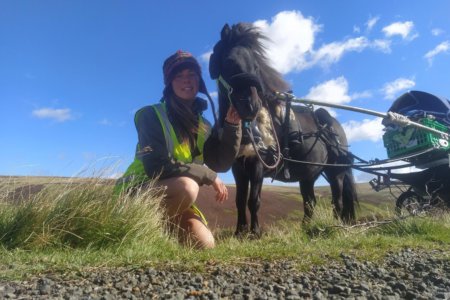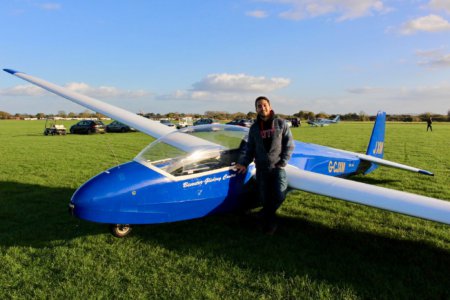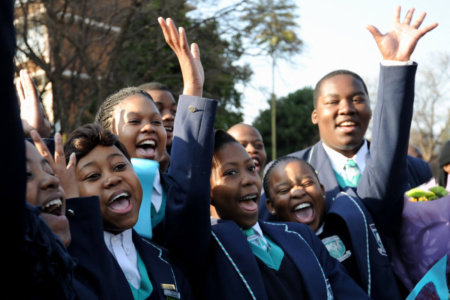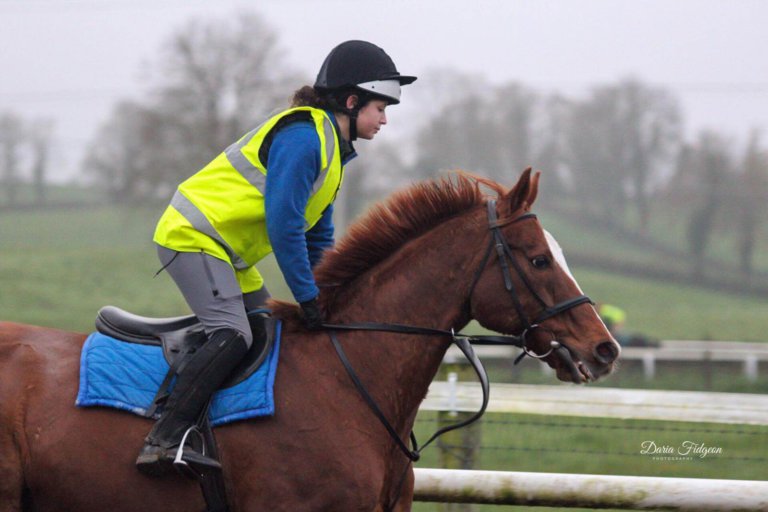
Imagine an equine college with 10 individual stables including foaling boxes with internet-based foaling cameras, loose pens, all-weather turn outs, grass turnout, stocks and weighbridge. Stables for 22 horses, lunge pen, horse walker and hacking track, cross country schooling area and equitation simulator. Racing facilities with gallop and schooling lane with hurdles and fences. Sixty-two hectares of campus estate including 12 hectares of ungrazed wetlands, woodland and equine facilities.
Welcome to the College of Agriculture Food & Rural Enterprise (CAFRE)’s Enniskillen Campus, where French student Manon Varenne is realising her passion for all things horses.
At this renowned equine college, she is learning how to board, train, transport and breed horses for their overall wellbeing in a variety of situations. This entails ensuring the horses’ health, nutrition and medical treatments being up to date and having knowledge of the business side of this industry. In short, it’s Varenne’s childhood dream come true. We caught up with the BSc in Equine Management student via email to learn more about her equine college, her favourite classes thus far and her future plans.
Is there a personal backstory for your love for horses?
I have always loved horses from what I remember. I always kept on asking my parents for riding lessons as a kid. At first, my parents only let me take those lessons occasionally during vacations as they thought it would be a phase that would pass — and not exactly a cheap one!
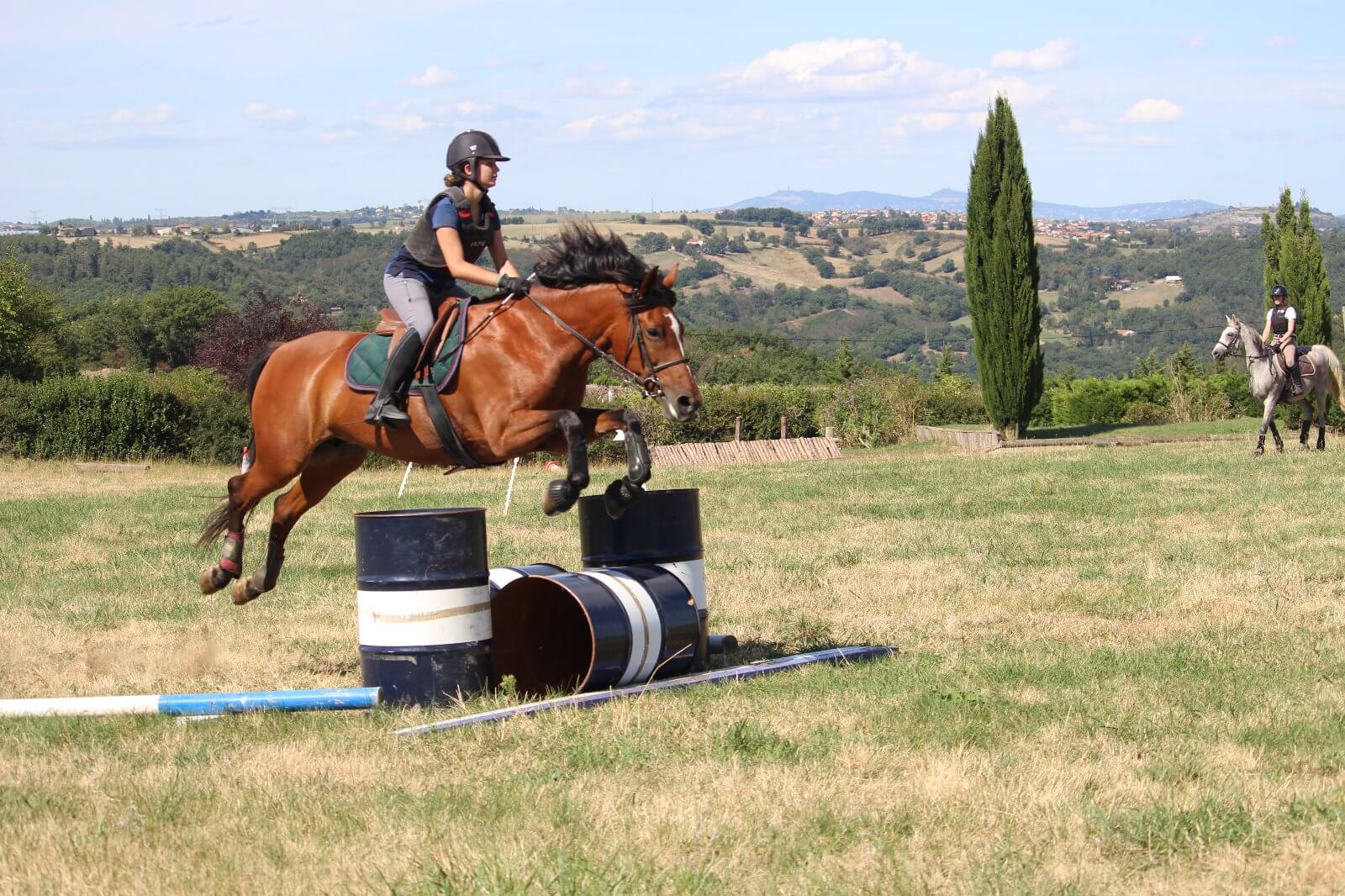
When she went to a major horse show in France, she met an Irishman who then told her about the programme at CAFRE. Source: Manon Varenne
As time went on with no slowing down in my interest, my parents finally discussed how it really was something I was passionate about. From there, they signed me up for yearly horse riding lessons. Fast forward 12 years, I’m studying for my BSc in Equine Management in Northern Ireland!
What made you choose this equine college?
I couldn’t find any good equine courses in France that combined practical and theory classes. One of my uncles suggested that I look in Northern Ireland as they are known for their horse industry. I kept that in mind and soon after at a major horse show in Lyon, I met an Irishman and discussed different colleges with him.
He immediately suggested CAFRE because he said they had the best practical and theory courses. I looked them up online and I was very impressed, especially with the bachelor’s programme. After, I visited CAFRE and was taken away by their facilities, horses and their very helpful staff — I knew it was the place I wanted to study at.
What has been your most memorable class so far?
I like all of the classes. Breeding and horse production was really interesting though as I hadn’t been involved with young horses much beforehand. We got to learn about broodmares, stallions and foals in class.
During the practical classes, we got to apply that knowledge and work with the foals. In my second year, we were assigned a foal and got to create a special bond with them. This was a great experience to see them grow. It’s really rewarding when you see them do well in the equine industry.
Do you have any fond memories with teachers at CAFRE that have stood out for you?
I have fun riding club sessions with my teachers. It’s a great way to have a good time outside of classes — always entertaining and exciting. All of the teachers are really nice and make sure we are doing well with our studies and personal lives (like organising fun activities on-site).
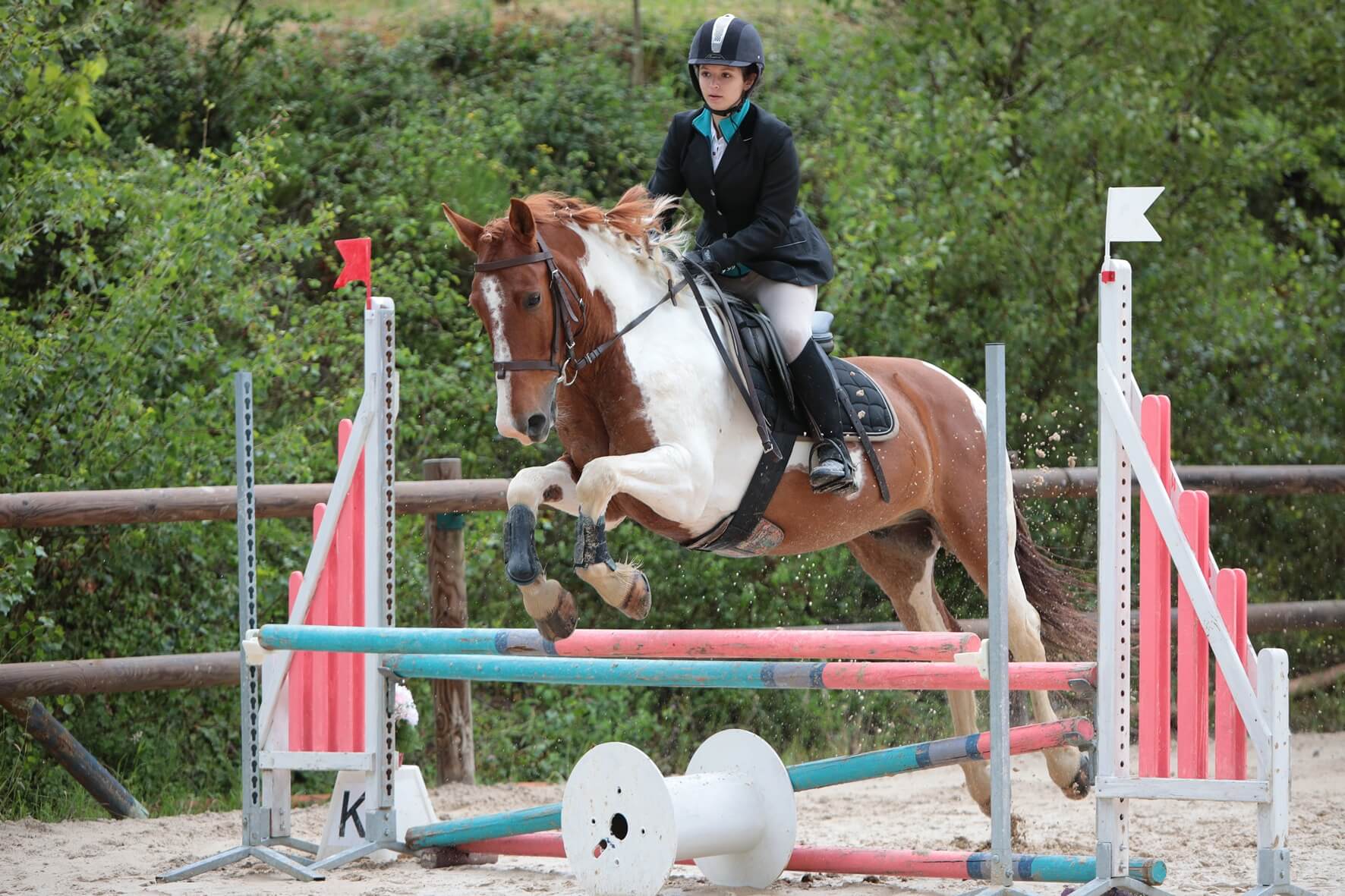
After graduating, she plans to get an internship linked with the uni. Source: Manon Varenne
Last March, when COVID-19 was at a peak, they made sure I was alright to go back to France and helped me through the process. They reassured me and supported me by finding solutions to my challenges.
Do you get to apply the theories you gained in the classrooms to the real world?
Most of the classes are a mixture between practical and theoretical. We learn the theory in class and then apply it in the practical session. At CAFRE, they prepare us for the industry as well as they can. That’s why we have both these modules as they are key essentials to our employability.
What are your academic goals? What skills have you gained so far?
I would like to finish this course with a good overall grade. I have improved in riding horses and I learned about the breeding industry as well as the racing one, which I had little knowledge of before. I have also learned and improved my grooming and horsemanship skills. The list goes on!
What do you plan to do after graduating?
I don’t think I would further my education with more study courses. I would like to apply to different internships linked with CAFRE. When I finish my degree, I would like (depending on COVID-19) to travel around the world and apply for different jobs in several countries.
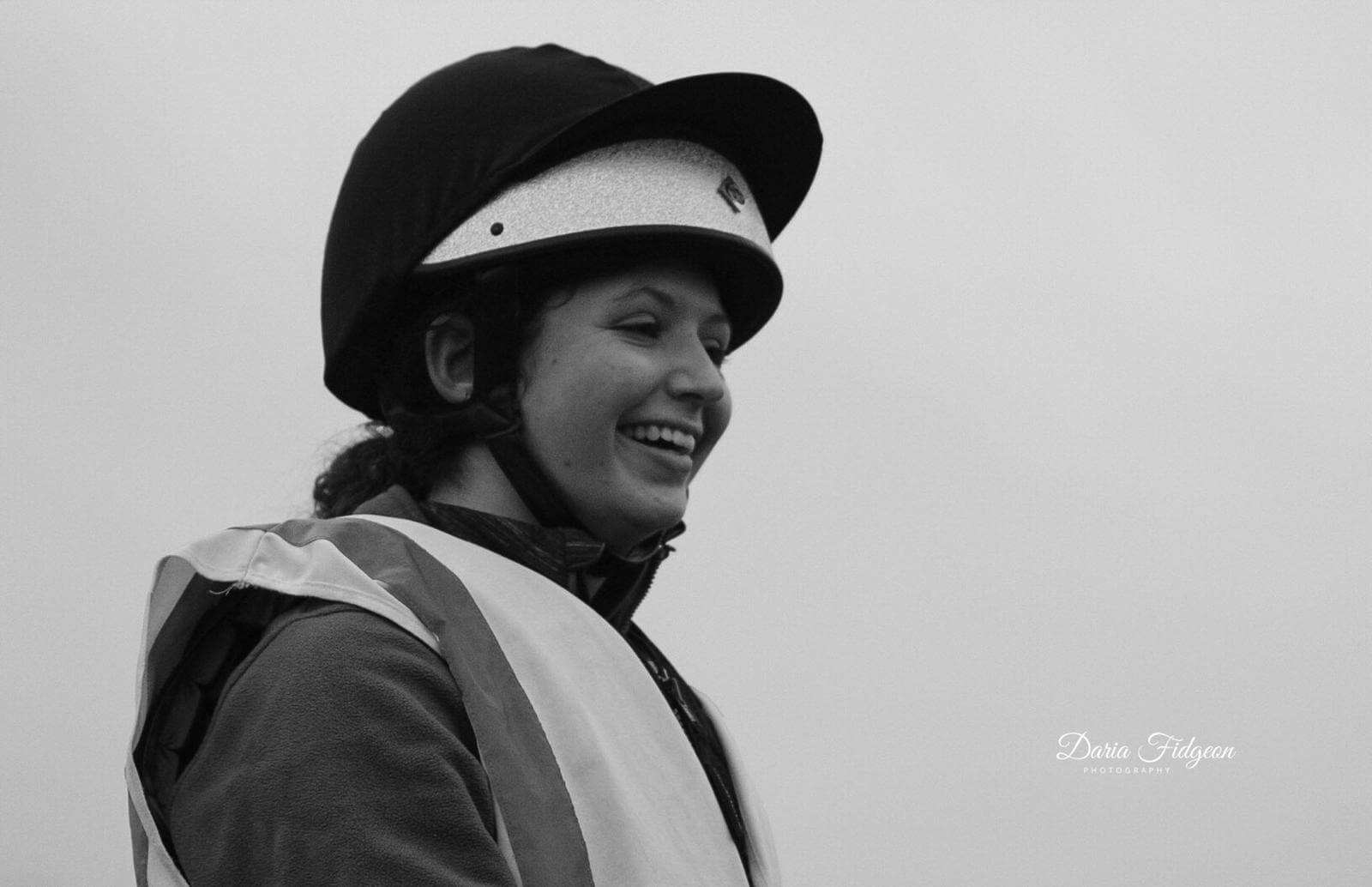
When she misses French food, she tries to make do by cooking her favourites. Source: Manon Varenne
What advice do you have for international students looking to apply for a similar course as yourself?
I would say: don’t let your fears hold you back. I was afraid of leaving my home and family but I’m glad I did. It’s a great experience. I became much more independent, confident and learned a lot being away from home.
It’s really rewarding applying to a college like CAFRE where both practicals and theories are linked together. We get to apply what we learn right away and develop from there.
What’s one thing you miss from home and how do you substitute it?
I definitely miss my family and friends. It gets hard sometimes but I know they’re only one call away. At times, I also miss specific French food so I try to make it myself instead — bringing France to Northern Ireland basically!








